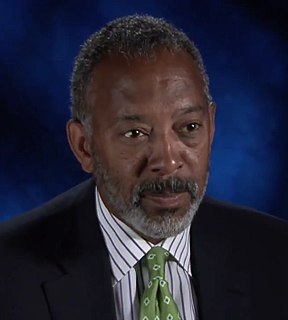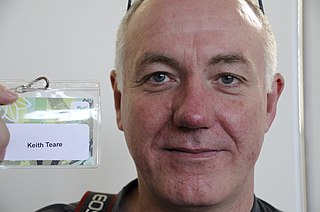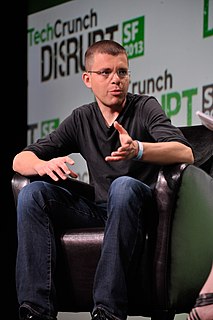A Quote by Julius Genachowski
Network neutrality protects the ability of users to access the lawful content, applications, and services of their choice. In other words, it lets users determine who wins and loses in the marketplace, and that's the way it should be.
Related Quotes
In the Internet world, both ends essentially pay for access to the Internet system, and so the providers of access get compensated by the users at each end. My big concern is that suddenly access providers want to step in the middle and create a toll road to limit customers' ability to get access to services of their choice even though they have paid for access to the network in the first place.
People's mouse clicks decide what businesses, services, and content succeed. Users have equal access to tiny businesses with viral ideas and blue-chip companies, allowing these enterprises to compete on their own merits. It's how so many small start-ups have been able to become Internet success stories.
Authors and publishers want fair compensation and a means of protecting content through digital rights management. Vendors and technology companies want new markets for e-book reading devices and other hardware. End-users most of all want a wide range and generous amount of high-quality content for free or at reasonable costs. Like end-users, libraries want quality, quantity, economy, and variety as well as flexible business models.

































